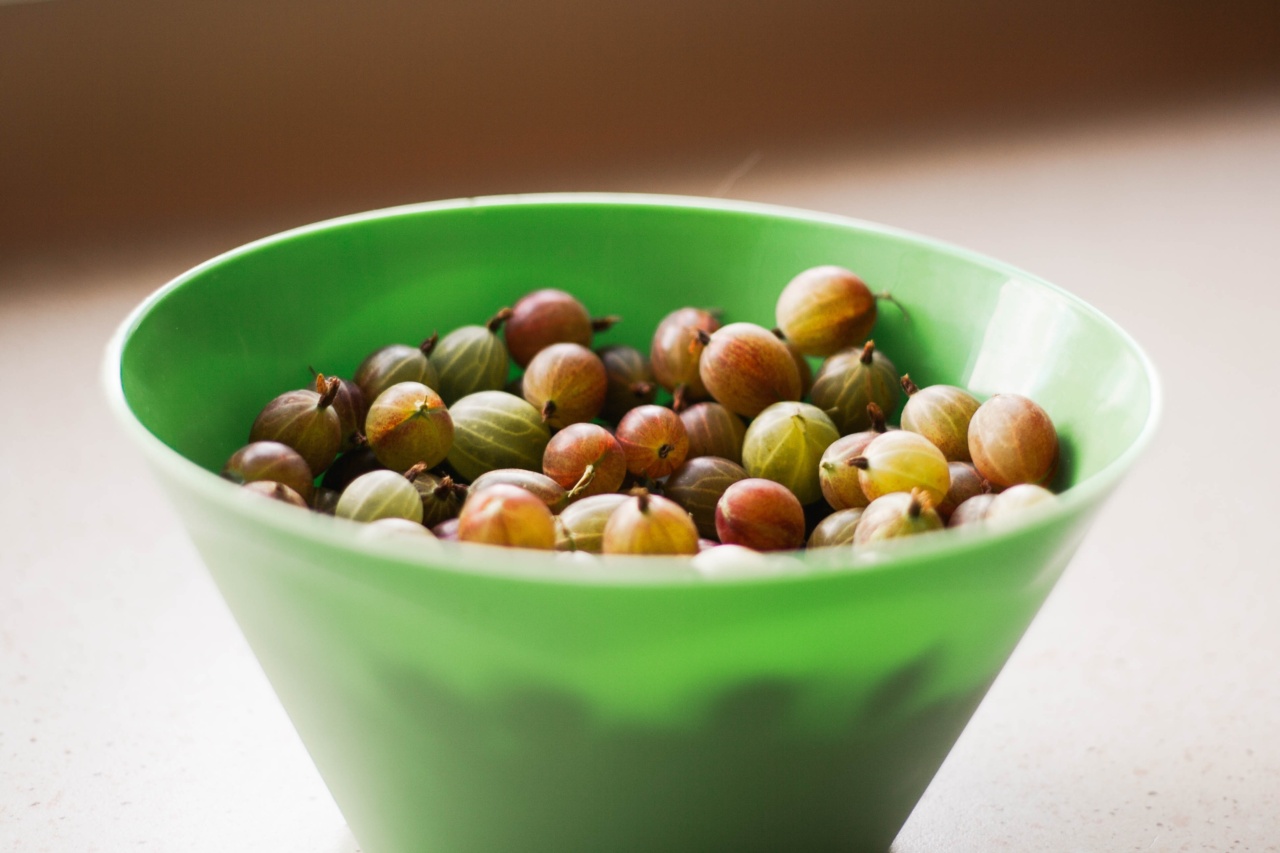Fiber is an essential nutrient that helps keep our digestive system healthy and reduces the risk of chronic diseases such as heart disease, diabetes, and cancer.
Adding high fiber foods to your diet can also help you lose weight and manage blood sugar levels. The recommended daily intake of fiber for adults is 25-30 grams, but most people don’t get enough fiber in their diet. Here are some delicious and nutritious high fiber foods that you should include in your diet.
1. Legumes
Beans, peas, and lentils are excellent sources of fiber, protein, and other essential nutrients. A cup of cooked lentils or black beans contains about 15 grams of fiber.
You can add legumes to your salads, soups, stews, or use them as a meat substitute in tacos or burgers.
2. Whole Grains
Whole grains such as oats, brown rice, quinoa, and barley are high in fiber and other nutrients such as B vitamins and antioxidants. Whole grains also help lower your risk of heart disease and diabetes.
Adding a slice of whole grain bread to your breakfast or swapping white rice with brown rice can increase your fiber intake and improve your health.
3. Fruits
Most fruits are high in fiber, especially when consumed with the skin or pulp. Apples, pears, berries, oranges, and bananas are excellent sources of fiber and other essential nutrients such as vitamins and minerals.
Eating a piece of fruit as a snack or adding fruits to your smoothies, oatmeal, or yogurt can help you meet your daily fiber needs.
4. Vegetables
Vegetables such as broccoli, Brussels sprouts, carrots, and sweet potatoes are rich in fiber, vitamins, and minerals. Eating a variety of colorful vegetables can also provide antioxidants that help protect your cells from damage.
You can add veggies to your stir-fry, roasted vegetables, or salads to increase your fiber intake.
5. Nuts and Seeds
Nuts and seeds such as almonds, chia seeds, and flaxseeds are high in fiber, healthy fats, and protein. They also provide essential minerals such as magnesium, zinc, and calcium.
Adding nuts and seeds to your oatmeal, yogurt, or smoothies can improve your satiety and help you consume fewer calories throughout the day.
6. Dark Chocolate
Dark chocolate contains fiber, antioxidants, and minerals such as iron and magnesium. Eating dark chocolate in moderation can improve your mood, reduce inflammation, and lower your risk of heart disease and diabetes.
Choosing a high-quality dark chocolate with at least 70 percent cocoa solids is recommended.
7. Popcorn
Popcorn is a whole grain snack that’s high in fiber and low in calories. One cup of air-popped popcorn contains about 1 gram of fiber and only 30 calories. Choosing plain popcorn without added salt or butter is recommended.
Popcorn can be a great snack for those looking to lose weight or manage their blood sugar levels.
8. Berries
Berries such as blueberries, raspberries, and strawberries are high in fiber and antioxidants. They also provide essential vitamins such as vitamin C and folate.
Adding berries to your smoothies, yogurt, or oatmeal can help improve your digestive health and protect your cells from damage.
9. Avocados
Avocados are rich in fiber, healthy fats, and essential vitamins such as vitamin K and folate. Eating avocados can also lower your risk of heart disease and improve your skin health.
Adding avocado to your salads, sandwiches, or smoothies can increase your fiber intake and make your meals more delicious.
10. Sweet Potatoes
Sweet potatoes are high in fiber, vitamins, and minerals. They’re also low in calories and provide essential antioxidants such as beta-carotene.
Eating sweet potatoes can help improve your digestion, lower inflammation, and reduce your risk of chronic diseases. Baking or roasting sweet potatoes can make a delicious and healthy side dish.






























